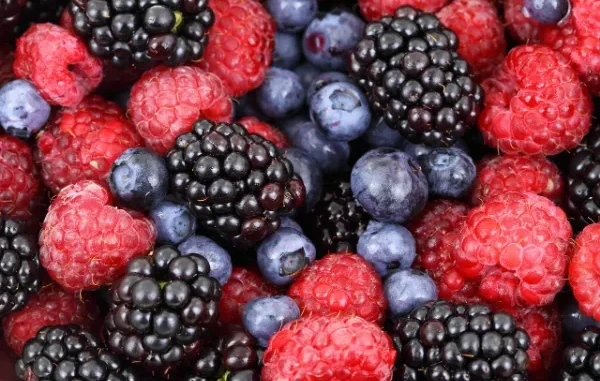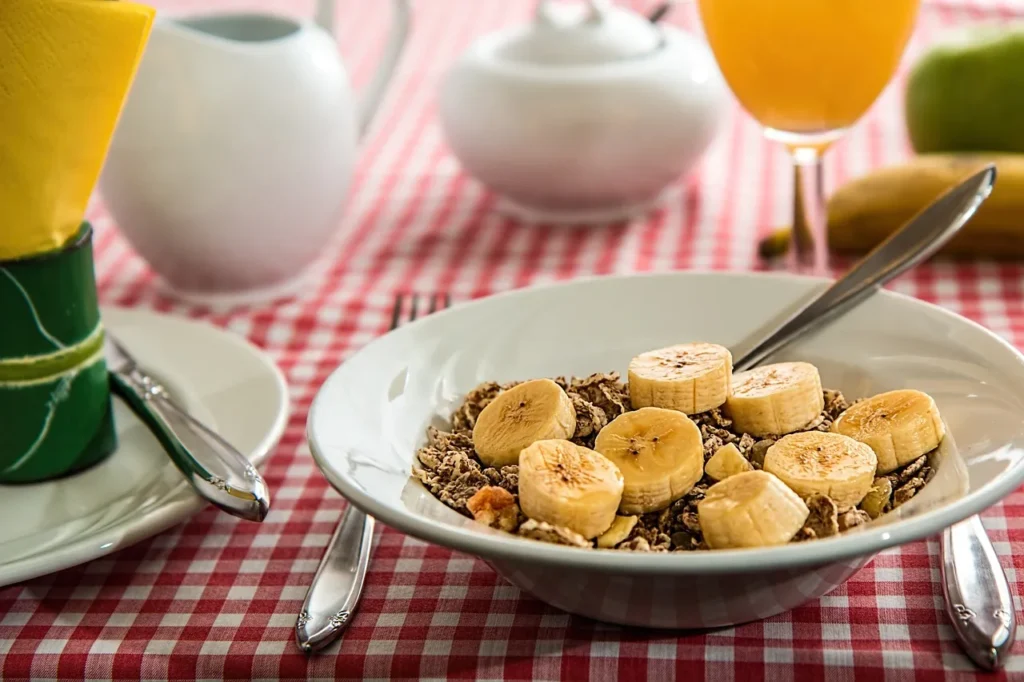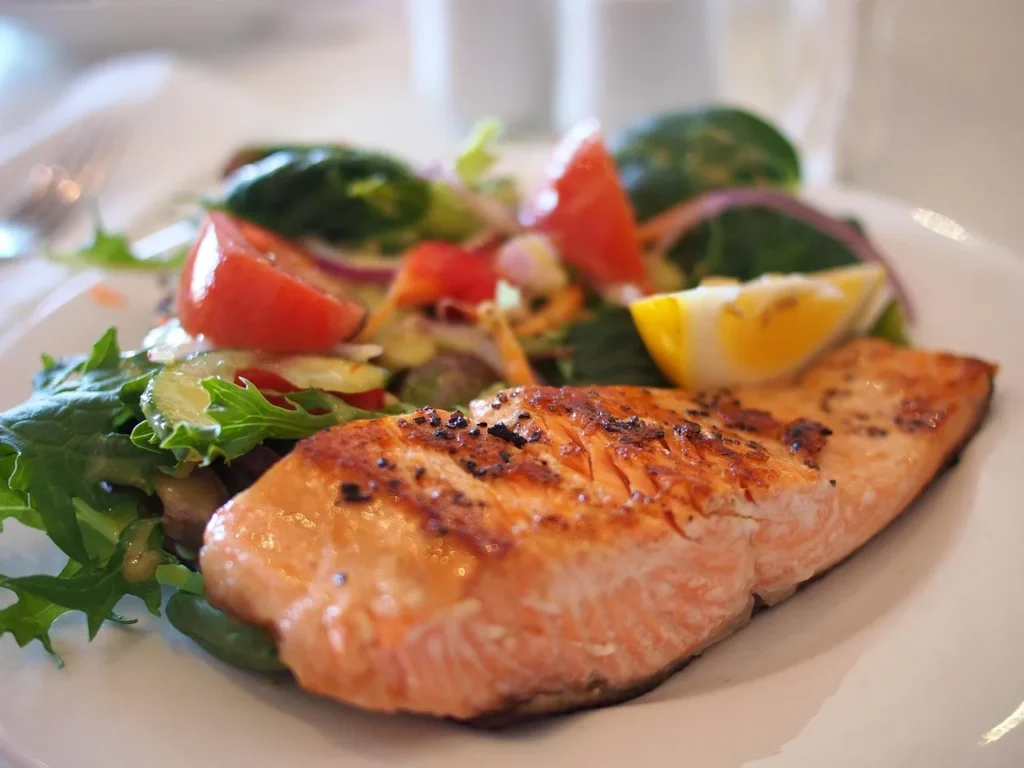
When you’re going through IVF, you quickly realize it’s about more than just advanced lab techniques or fertility medications. It’s about giving your body the best possible foundation to grow and sustain new life. Your everyday habits, especially what you eat quietly shape your chances of success before, during, and after each cycle.
Good nutrition can’t promise a positive pregnancy test, but studies show it plays a big role in boosting egg and sperm quality, supporting healthy implantation, and helping your body recover if you need multiple cycles. Many top fertility clinics now work with nutritionists because they know it’s not only about science, it’s about supporting your whole body.
Couples who choose experts like Hrishikesh Pai often feel more confident about these lifestyle factors because their care teams make time to guide them through the basics. Choosing the best IVF doctor means working with someone who believes that what you do outside the clinic matters just as much as what happens inside the lab.
Why Nutrition Is So Important for IVF

Your reproductive cells, eggs and sperm are living tissue. They grow and mature over weeks or even months, depending on your body’s cycle. During that time, they rely on vitamins, minerals, healthy fats, and antioxidants to develop normally. That’s why many fertility experts recommend optimizing your diet at least three months before starting an IVF cycle.
In women, nutrients like folate, iron, and omega-3 fatty acids help create healthy eggs and support hormone balance. Antioxidants such as vitamins C and E can help protect cells from oxidative stress, which is known to damage eggs and sperm. For men, zinc, selenium, and CoQ10 are linked to better sperm motility and shape.
Checking for Deficiencies Before You Begin
Many people don’t realize they’re lacking key nutrients until they start a fertility journey. Modern life, busy schedules, stress, and even certain medications can affect how well your body absorbs vitamins and minerals. Low levels of iron, B12, or vitamin D can impact your energy, mood, and even how well your body responds to fertility medication.
This is why some couples choose to get blood tests or work with a fertility nutritionist before starting IVF. It’s a proactive way to catch gaps early. If you’re curious about where to start, you can learn how to spot warning signs of missing nutrients. This guide on nutritional deficiency is a useful first step for many people who want to feel more in control.
Building a Balanced Pre-IVF Diet

So what should you actually eat? There’s no single “fertility diet” that works for everyone, but research points to Mediterranean-style eating as a strong foundation for IVF. This approach emphasizes vegetables, leafy greens, fruits, whole grains, legumes, nuts, lean protein like fish and poultry, and healthy fats such as olive oil and avocado.
This way of eating provides antioxidants, fiber, and healthy fats that help reduce inflammation and keep your hormones balanced. Small changes, like swapping processed snacks for nuts or adding more leafy greens, can make a real difference over time.
It’s also smart to reduce added sugars, processed foods, and trans fats. Some studies link trans fats to poorer egg quality and lower implantation rates. Drinking enough water and staying hydrated can help your body respond better to hormone injections during IVF too.
What About Supplements?
You’ve probably seen ads for all kinds of fertility vitamins. Some can help, but they’re not magic solutions. The basics, like a prenatal vitamin with folic acid, iron if needed, and omega-3s, are good places to start. Some women also take CoQ10 to support egg quality, especially if they’re older or have low ovarian reserve. But always talk to your doctor before adding new supplements, too much of a good thing can sometimes cause more harm than good.
Why Male Partners Need to Pay Attention Too
It’s common to think of IVF as a woman’s journey, but male fertility is half the equation. Nearly 40% of infertility cases have a male factor component. Diet and lifestyle can improve sperm count, shape, and movement, which is vital for fertilization.
Men planning for IVF or ICSI should focus on zinc, selenium, folate, vitamin E, and omega-3 fatty acids. Reducing alcohol, quitting smoking, managing stress, and maintaining a healthy weight can also make a big difference in sperm quality.
Nutrition During IVF Treatment

When you’re in the middle of your IVF cycle, sticking to healthy habits matters even more. Your body is working hard to grow multiple follicles, and hormone injections can change your appetite, digestion, or hydration needs.
Many women find it helps to eat small, balanced meals throughout the day. Gentle proteins, whole grains, fresh vegetables, and lots of water can help with bloating and hormone swings. Some patients benefit from extra fiber to help prevent constipation, which can happen when taking certain fertility meds.
What Happens After IVF?
If your cycle is successful, nutrition still matters. A healthy pregnancy depends on good nutrition to help your baby grow. Folic acid helps prevent neural tube defects, iron supports healthy blood flow, and calcium keeps your bones and teeth strong while your baby develops.
If your cycle doesn’t result in a pregnancy, it’s normal to feel disappointed or frustrated. A balanced diet helps your body recover and prepare for a future cycle if you decide to try again. It also helps with emotional resilience. Feeling nourished and strong can boost your mood and energy.
Working with Your IVF Care Team
Good clinics look at the whole picture. When you’re choosing the best IVF doctor for you, ask if they offer nutrition counseling, work with fertility dietitians, or provide resources for lifestyle changes. Specialists like Hrishikesh Pai understand that success isn’t just about what happens in the lab, it’s about supporting you as a whole person.
They’ll help you decide if you need extra testing for deficiencies, whether supplements could help, and how to make small, sustainable changes that fit your daily routine.
Final Thoughts
IVF is a big commitment. It can feel overwhelming to juggle medications, appointments, and lifestyle advice. But nutrition is one thing you have the power to control each day. Every balanced meal, every glass of water, every mindful choice builds toward your goal, a healthy pregnancy and baby.
Stay patient with yourself. Small steps add up. Talk to your care team, do your research, and keep hope alive. What you feed your body today shapes your future family’s tomorrow and that’s worth every effort you make along the way.






Leave a Reply